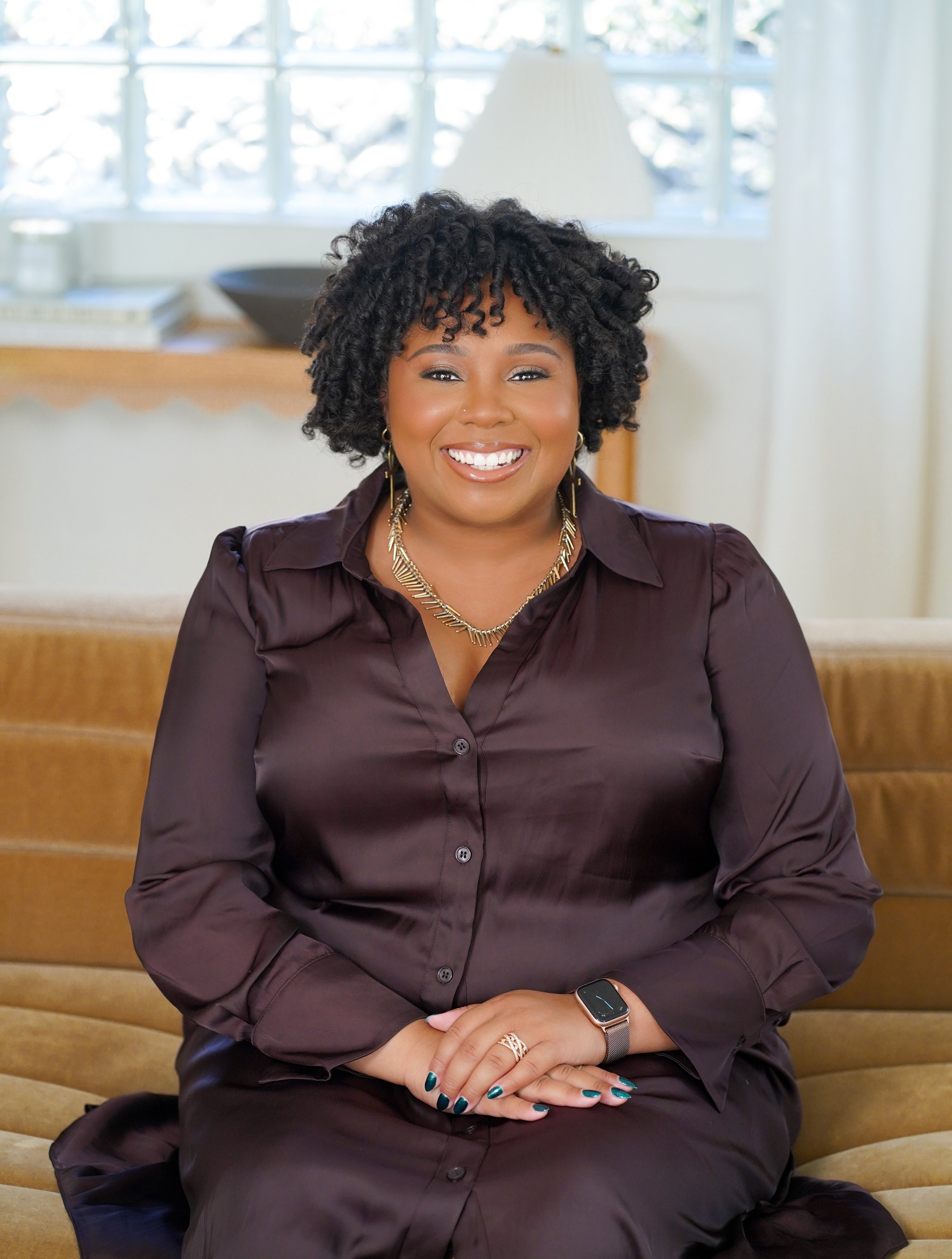Relational therapy’s got goodbones: Why relational-cultural theory is the unsunghero of social justicepsychotherapy.
Relational therapy, also known as relational-cultural therapy, is focused on helping people engage and leverage their authentic selves. The goal is mutually empowering and emotionally beneficial relationships.
Relational therapy is a cornerstone of socially-just and culturally-sensitive psychotherapy at The Center for Partnership and Peace…mostly because its just got good bones. In this blog post, we’ll talk about the foundation of relational-cultural therapy; and why we love it.
Relational cultural theory: Challenging Western ideology
Relational therapy has its roots in relational-cultural theory (RCT). This theory is critical, in that it not only describes and predicts human behavior, it also challenges us to be and do better.
The inklings of RCT were introduced in 1976, when psychiatrist Jean Baker Miller published Toward a New Psychology of Women. In this groundbreaking book, Dr. Miller examined the supposed neutrality of human psychology. She found that people don’t develop in a vacuum; and are actually shaped by the oppressions they face and privilege they enjoy— go figure.
Wired for connection
RCT has two basic stances. The first stance describes and predicts human behavior on the interpersonal level. It states: human beings are hard-wired for connection. As such, we grow and develop toward, and through, deeper levels of connection with ourselves and others. Therefore, disconnection causes a failure to thrive in any meaningful way.
The separate-self
The idea that human beings need to be in community with one another to thrive seems simple enough, but this statement is in direct contradiction to the ideal of a separate- self.
Here in the West, we like to think of ourselves as castles surrounded by motes. The deeper and wider the mote the better. Why a mote? Because we think the self functions best when it has impenetrable defenses. Why a castle? Because its grand and imposing. We not only like to control ourselves, we love controlling others also. Why? Because if we can control others, we diminish their ability to hurt us. Thusly, we create psychological safety for ourselves by reducing our potential for emotional pain. This sort of domination is similar to the relationship a castle’s lord would have with their surfs.
That the lord and surfs are mutually dependent on one another for survival is still somewhat of a radical idea in our modern, isolationist world. But, the truth is, we are all separate selves that are wholly dependent on other selves for not only our physical needs, but also our emotional and psychological peace. In fact, we only know ourselves through our interactions with other people. To pretend otherwise is not only to gaslight one’s self, but also to manipulate those around you…which is why the idea of a separate-self destroys our relationships. This brings us to our next RCT stance…
Society creates disconnection
The second stance of RCT is the critical one that prompts us to rebel against the oppressive forces of society. It basically says the Western concept that maturity is measured by the one’s ability to isolate, self-serve, automate and be autonomous is dumb and should be challenged.
The ideal that we should either dominate or exist apart from others instigates all forms of oppression. This oppression causes significant pain for whole groups of people who are forced to live in isolation from one another and their authentic selves; and is seen as the main source of psychological distress.
Though it impacts us individually, it has to be challenged collectively. Without a societal shift, people will continue to work against their own neurobiology. That same biology that urges us to reach out and connect, to find meaning through interaction, to give and get, to love, to experience the fullness of life.
Society is the problem, not you
How is this idea different than other approaches to therapy? Well, most approaches view the person as deficient in someway for not being able to fit into societal norms. So, the therapy’s goal is to “fix” the shortcoming in the person so they can function better in society.
While increasing your ability to function in society is a goal of relational therapy… we do so by helping you live as your authentic self; and develop deeply fulfilling relationships. We pay homage to the skills you’ve gleaned to navigate an unjust society. We slowly build your capacity to try new and different ways of engaging with the world…and the people in it. The goals of relational therapy may be similar to other therapeutic approaches, but the underlying reasoning is very different.
Long story short
Relational therapy comes from relational-cultural theory. This theory says people need connection to grow, develop, and be happy. It also says that when we are unhappy, it is because we are disconnected from ourselves or others. At it’s core, relational theory rejects the notion that mature adults don’t need anyone else. Instead it says we all need somebody to lean on. That’s why we love relational therapy at CPP! As we said, its just got good bones.
Want to connect with a therapist who can help you build growth-fostering relationships? Book your free consultation today.
dr.kay is the Founder and Clinical Director of the Center for Partnership and Peace— a Houston, Texas based consortium of relational experts. CPP offers therapy and coaching for individuals, couples, families, and corporate communities.


